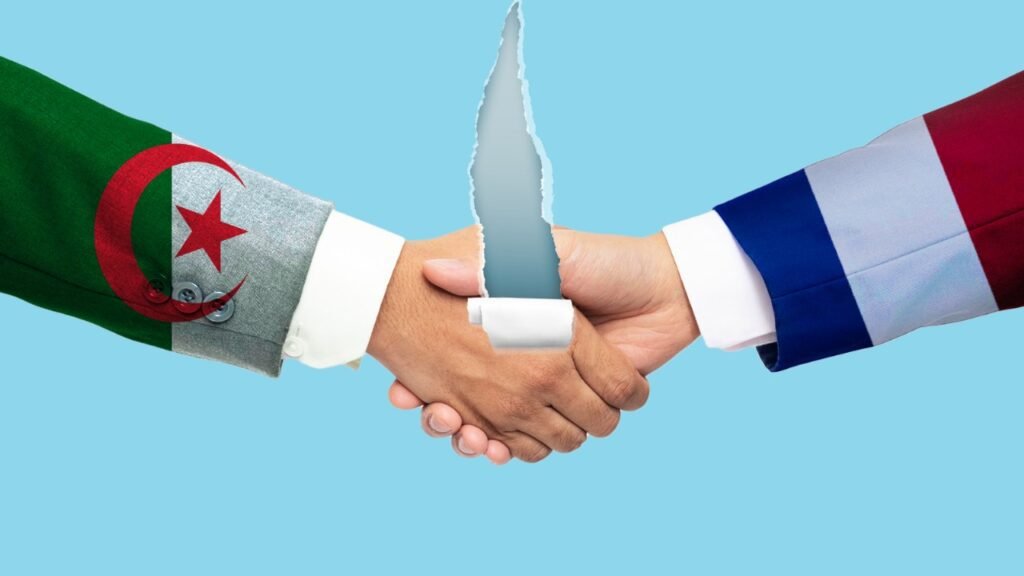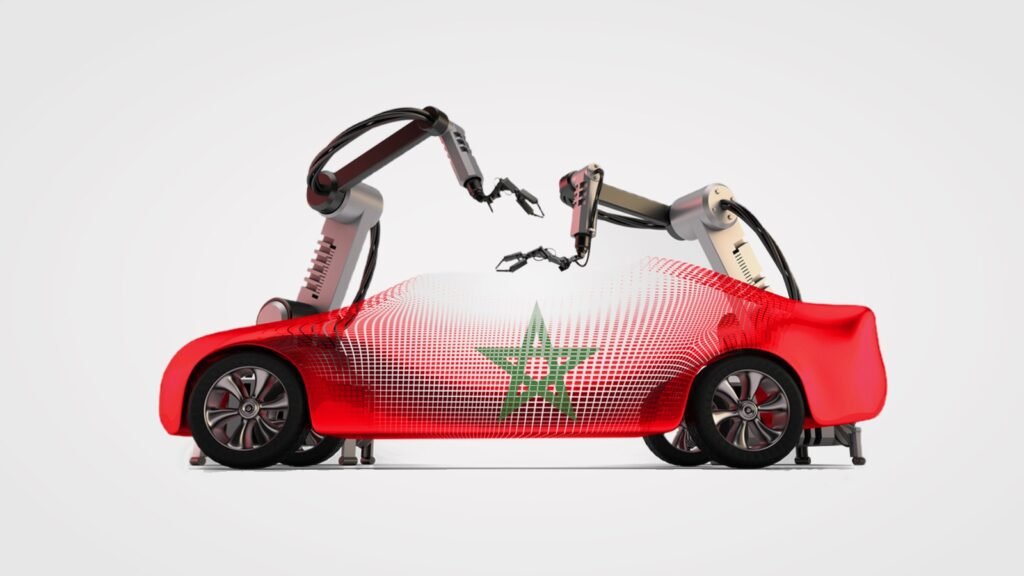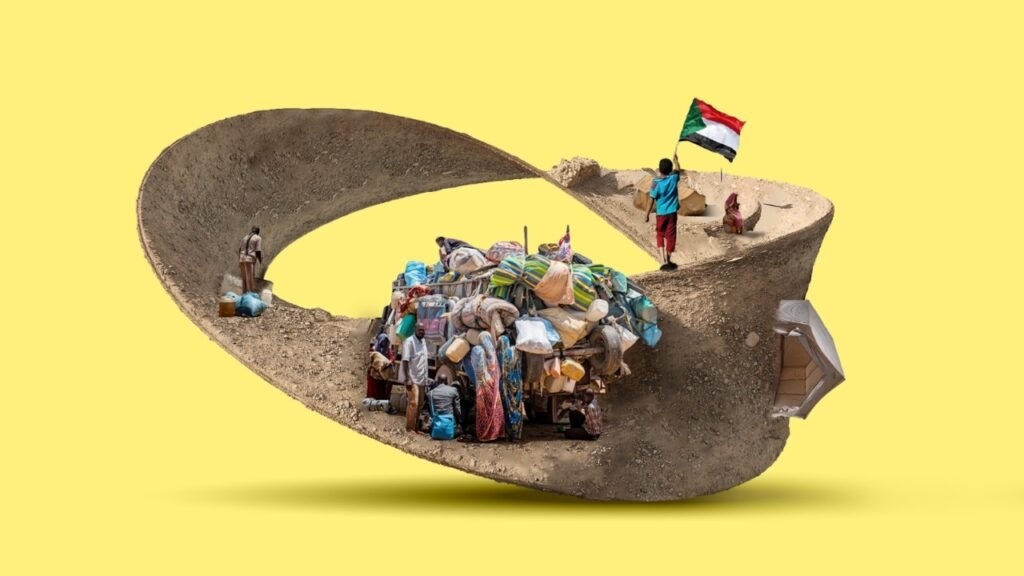In Tunisia, scientific breakthroughs, hidden resources, and mysterious deposits frequently make headlines, generating waves of excitement and national pride. Yet, these supposed discoveries often fade from public consciousness as quickly as they emerge. The pattern of embracing sensational claims while neglecting tangible, science-backed innovations underscores a societal tendency to place hope in the extraordinary rather than in realistic progress.
On December 31, Tunisian President Kaïs Saïed hosted Abdul Samad Al-Kribi, an inventor and engineer specializing in mining and industrial chemistry, to discuss his process of transforming phosphate waste into paper. Al-Kribi had already established a community enterprise for this purpose, and the project was widely publicized as a homegrown Tunisian innovation with significant economic potential. However, enthusiasm waned when it was revealed that a German company had already patented the technology, and Morocco was already implementing it.
In stark contrast, a groundbreaking invention with clear practical applications, Kumulus, has received minimal attention. Created by Tunisian innovators Iheb Triki and Mohamed Ali Abid, Kumulus provides atmospheric water generators capable of addressing the country’s critical drinking water shortages. Despite its potential to alleviate a pressing national concern, the project has struggled to capture widespread interest, highlighting the broader issue of misplaced priorities in media narratives and public discourse.
This inclination toward sensationalism reflects a broader trend in Tunisia: the belief in hidden riches or conspiratorial narratives that suggest foreign powers are looting the country’s natural wealth. One striking example is the Winou el Petrole (Where is the Oil?) movement, which between 2018 and 2020 fueled street protests based on the unfounded notion that Tunisia possessed substantial oil fields clandestinely exploited by external actors. The movement was reinvigorated in March 2023, when the United States Geological Survey (USGS) identified two major oil and gas deposits between Tunisia and Libya, with an estimated yield of 4 billion barrels of oil and 11 billion cubic meters of natural gas. While the announcement initially fueled excitement, skepticism soon followed, as past claims of similar magnitude had failed to yield tangible benefits.
Another instance of mass delusion emerged in January 2023, when social media buzzed with talk of gold deposits in the Le Kef region. The rumor originated from a 2018 report by the Truth and Dignity Commission (IVD), which the Tunisian Ministry of Industry and Mines had largely dismissed. Le Kef’s historical significance as “Rome’s granary” suggests that wheat, rather than gold, remains its true treasure. Similarly, in 2023, a man’s discovery of glistening stones in his backyard led to widespread speculation that Tunisia harbored diamond reserves. Government official Ezzedine Jebali further fueled the frenzy by claiming that “tons of precious stones” were concealed by the former interior minister, Ali Laarayedh. However, subsequent laboratory tests confirmed that the purported diamonds were nothing more than quartz.
These episodes reveal a societal predisposition toward miracle finds—claims that gain traction precisely because of their implausibility. The 2011 “discovery” of silver mines in the impoverished Sejnane region, for instance, turned out to be an exaggeration; the mines contained only lead. The more fantastical the story, the more eager people are to believe it. This tendency reflects broader frustrations with slow economic progress, bureaucratic inertia, and stalled development projects.
A compelling case in point is the Medical City in Kairouan, announced in 2020 as one of President Saïed’s flagship initiatives within his first 100 days in office. Conceived as a “city within a city,” the ambitious $1.3 billion project promised 50,000 jobs. However, five years later, bureaucratic hurdles and funding shortages have left it unrealized. Riadh Hentati, newly appointed to oversee the project, stated in late 2024 that a feasibility study would begin in early 2025 and that the project’s full implementation could take 20 to 30 years. In a landscape where major developmental undertakings face such delays, the allure of stumbling upon miraculous oil reserves or diamond deposits becomes even stronger.
The recurring cycle of enthusiasm and disillusionment surrounding these discoveries raises questions about public perception, media responsibility, and governmental transparency. Tunisia’s history demonstrates that its true wealth lies in sustainable resources, technological innovation, and pragmatic economic policies rather than in the chimeras of hidden treasures. Addressing the underlying economic and social issues that fuel these fantasies requires fostering a culture that values long-term investment over quick-fix solutions and rumor-driven speculation. Only then can Tunisia break free from the mirage of miraculous discoveries and focus on real, tangible progress.




